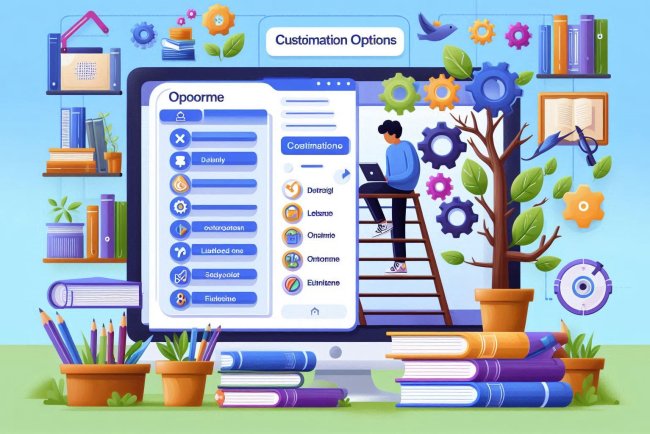Renewable Energy and Regional Development
Discover how renewable energy projects can drive regional development and sustainability goals. Learn about the impact of clean energy on local economies.

Renewable Energy and Regional Development
Renewable energy sources such as solar, wind, hydroelectric, and geothermal power play a crucial role in promoting sustainable development and reducing our reliance on fossil fuels. These renewable energy sources have the potential to not only address environmental concerns but also contribute to regional development by creating jobs, boosting local economies, and increasing energy security.
Job Creation
One of the key benefits of renewable energy projects is the creation of jobs in the local community. The installation, operation, and maintenance of renewable energy infrastructure require a skilled workforce, providing employment opportunities for local residents. For example, a solar power plant may employ engineers, technicians, and construction workers, while a wind farm may require workers for turbine maintenance and land management. By investing in renewable energy projects, regions can stimulate job growth and reduce unemployment rates.
Economic Growth
Renewable energy projects can also fuel economic growth in regions that have previously relied on traditional industries such as mining or manufacturing. By diversifying their energy sources and investing in renewable energy, regions can attract new investments, businesses, and industries. For example, a region with abundant sunlight may choose to develop solar energy projects, attracting solar panel manufacturers and research institutions. This can create a renewable energy hub that drives economic development and innovation in the region.
Energy Security
Another benefit of renewable energy is increased energy security for regions that may be dependent on imported fossil fuels. By harnessing locally available renewable resources, regions can reduce their reliance on external sources of energy and improve their energy independence. This not only mitigates the risks associated with energy price fluctuations but also enhances the resilience of the region's energy infrastructure. In times of crisis or disruption, renewable energy sources can provide a reliable and sustainable source of power for communities.
Environmental Sustainability
Renewable energy sources are also essential for promoting environmental sustainability and combating climate change. Unlike fossil fuels, renewable energy sources produce minimal greenhouse gas emissions and have a lower environmental impact. By transitioning to renewable energy, regions can reduce their carbon footprint and contribute to global efforts to mitigate climate change. This shift towards clean energy not only benefits the environment but also improves the overall quality of life for residents in the region.
Case Study: Germany
Germany is a prime example of how renewable energy can drive regional development. The country has made significant investments in renewable energy sources, particularly wind and solar power, as part of its energy transition strategy. This has not only reduced Germany's carbon emissions but also created thousands of jobs in the renewable energy sector. Regions such as Bavaria and Brandenburg have become hubs for renewable energy production, attracting investments and fostering innovation in clean energy technologies.
Challenges and Opportunities
While the benefits of renewable energy for regional development are clear, there are also challenges that must be addressed. These include the intermittency of renewable energy sources, the need for energy storage solutions, and the upfront costs of renewable energy projects. However, these challenges present opportunities for innovation and collaboration among stakeholders in the public and private sectors. By investing in research and development, improving grid infrastructure, and implementing supportive policies, regions can overcome these challenges and reap the benefits of renewable energy.
Conclusion
Renewable energy plays a critical role in promoting sustainable development and driving regional growth. By harnessing renewable resources, regions can create jobs, stimulate economic growth, enhance energy security, and protect the environment. Investing in renewable energy not only benefits the current generation but also ensures a sustainable future for generations to come. It is essential for policymakers, businesses, and communities to work together to harness the potential of renewable energy and create a more resilient and prosperous future for all.
What's Your Reaction?

















